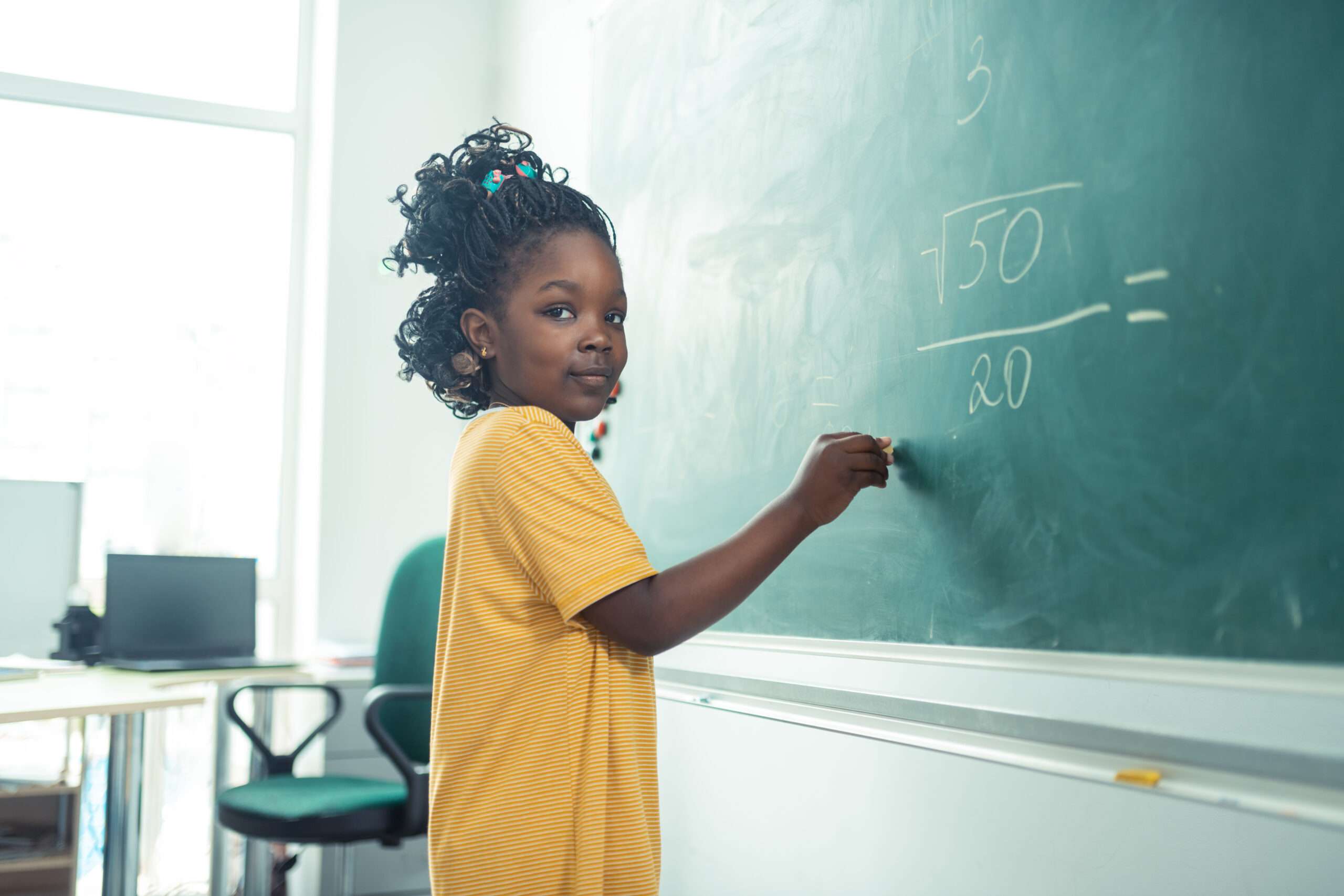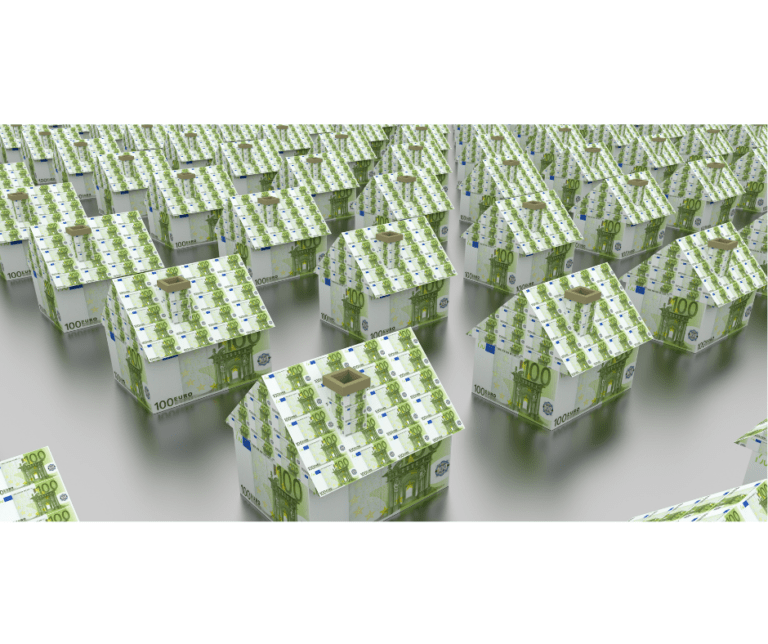By: d-mars.com
News Provider
BrandPoint
Being a parent means fostering the attributes children need to succeed in life. The aim is to create humans who will be a benefit to society, exemplifying strong character, morals, intelligence, confidence and more. That’s why it’s important to be intentional with what children are taught from a young age, beginning in early childhood education programs.
According to a survey of parents with children ages 0-6 conducted by OnePoll on behalf of Kiddie Academy Educational Child Care, parents prioritize learning soft skills and social issues in early childhood education over subjects like math, history, geography, and science. Parents are looking for a well-rounded experience that isn’t necessarily aimed at teaching the common subjects that come to mind when thinking about “school” in general.
Instead, parents are more likely to want to narrow in on “outcomes” that will propel their children forward in areas that will help them become successful adults.
So what are the key outcomes parents should look for when choosing an early childhood education program? Experts at Kiddie Academy say the outcomes of character, confidence, curiosity, connection, critical thinking and creative expression are the most important.
“When we concentrate on building skills to benefit children for life, especially at a young age, we aren’t solely focused on teaching domains of education that increase subject knowledge, but instead on building a developmental base that will form the foundation for future education,” said Ocie Watson-Thompson, Ed.D, at Towson University and Kiddie Academy curriculum advisory board member.
For children of preschool age, focusing on the outcomes of hands-on, play-based experiences is key. Social-emotional development is another result of early childhood education that should not be overlooked. Everything a child learns in a childcare program should build a developmental foundation.
According to NAEYC, early math, for example, is not about the rote learning of discrete facts like how much 5 + 7 equals or worksheets with one correct answer. Rather, it’s about children actively making sense of the world around them and using open-ended playful exploration to encourage children to solve problems in real situations. In this case, the outcome of critical thinking is built around subtle mathematical principles, providing the foundation for learning more complex concepts as children grow.
Other outcomes like confidence, connection and creative expression are built by helping children recognize their strengths and abilities, fostering positive relationships with peers and adults, and through imaginative crafts and play. It’s a building-block concept. Each outcome is the first block in what will eventually grow into a fully developed and sturdy tower.
Parents today find it more important for children to learn practical life skills over traditional academics in the early childhood development years, according to the survey. And it appears they’re on to something. Focusing on the practical outcomes a child can learn in their early years can make all the difference in kickstarting a lifetime of learning.







